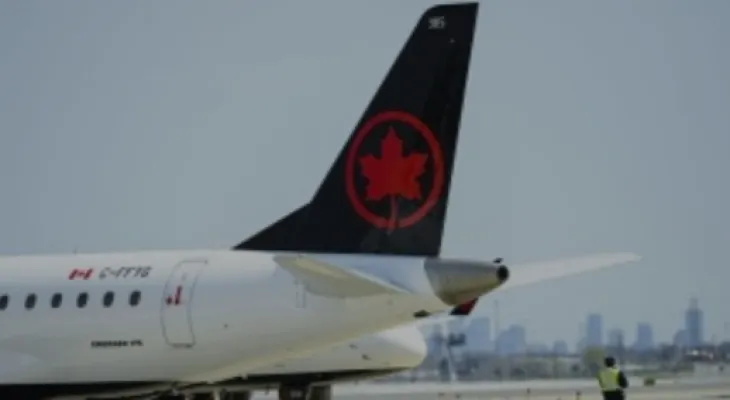Search here
Newspaper
Search here

Arab Canada News
News

Published: October 30, 2022
Air Canada is looking to avoid a repeat of the widespread disruptions that occurred last summer as it approaches the busy holiday travel season. CEO Michael Rousseau said on Friday that the company learned valuable lessons during the "operationally challenging" summer months that it is applying to current operations as travel demand continues to recover. He also stated in a press release that after operational improvements in late summer, the company is now operating at pre-pandemic levels while continuing to increase staffing numbers, adding: "We sincerely apologize for any inconvenience caused." Also, with flight cancellations and airport congestion continuing throughout the summer for many travelers, he sought to reassure passengers about the lessons the airline has learned. While travel disruptions persisted throughout July, there were improvements in August and September that helped Air Canada transport about 11.5 million passengers in the third quarter and achieve its first positive operating income since the start of the pandemic. The positive results pushed the airline's shares up by 3.7 percent to surpass $20 on Friday morning, the highest share price since June when operational disruptions began. In the same regard, the company said its operating income reached $644 million for the quarter, compared to an operating loss of $364 million in the third quarter of 2021. In addition to increased demand, this quarter also saw higher ticket prices that helped offset fuel costs, said Walter Spracklin, an analyst at RBC Dominion Securities. Furthermore, Amos Kazzaz, Air Canada's Chief Financial Officer, said the unfavorable foreign exchange rate added to the rise in aircraft fuel prices, which increased by more than 80 percent compared to the third quarter of 2021. Spracklin said the improved passenger load of 86 percent, compared to 71 percent in 2021, also helped to mitigate these costs, as full planes also led to a better-than-expected reduction in cost per seat. Air Canada reported that its capacity, measured in available seat miles, increased by 130 percent in the previous quarter compared to last year, while traffic measured in revenue passenger miles rose by 179.5 percent compared to the third quarter of 2021. Overall, Air Canada recorded a net loss of $508 million in the third quarter compared to a loss of $640 million in the same quarter last year as it strengthened its operations and more than doubled its revenues. While the airline does not expect to return to 2019 capacity levels before 2024, Rousseau said he likes where the airline currently stands "from a demand perspective, a revenue perspective, and a capacity perspective." The airline says the loss was $1.42 per diluted share for the quarter ended September 30 compared to a loss of $1.79 per diluted share a year earlier. Total revenue for the quarter was $5.32 billion, up from $2.10 billion in the third quarter of 2021.
Comments